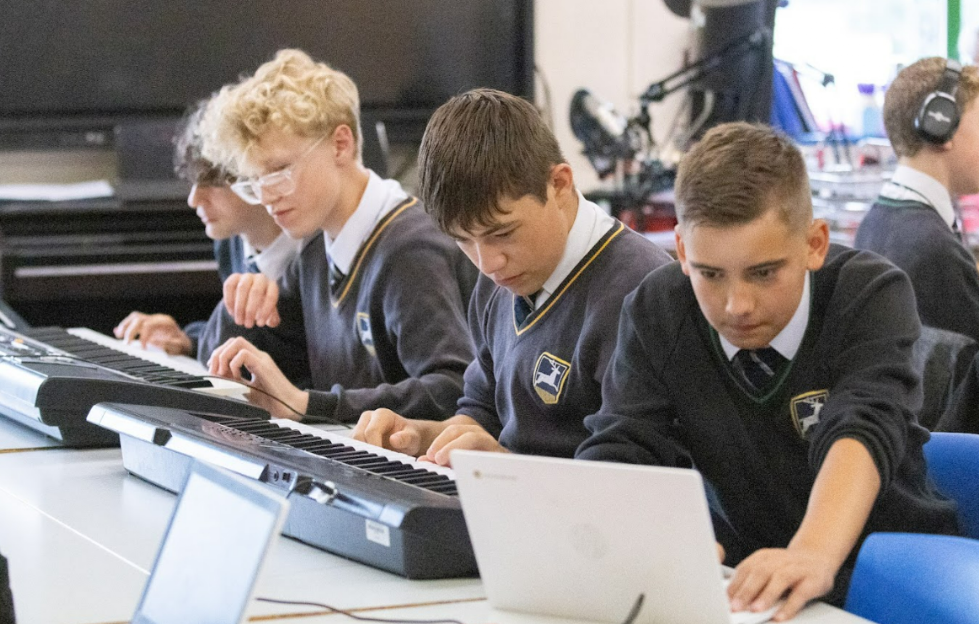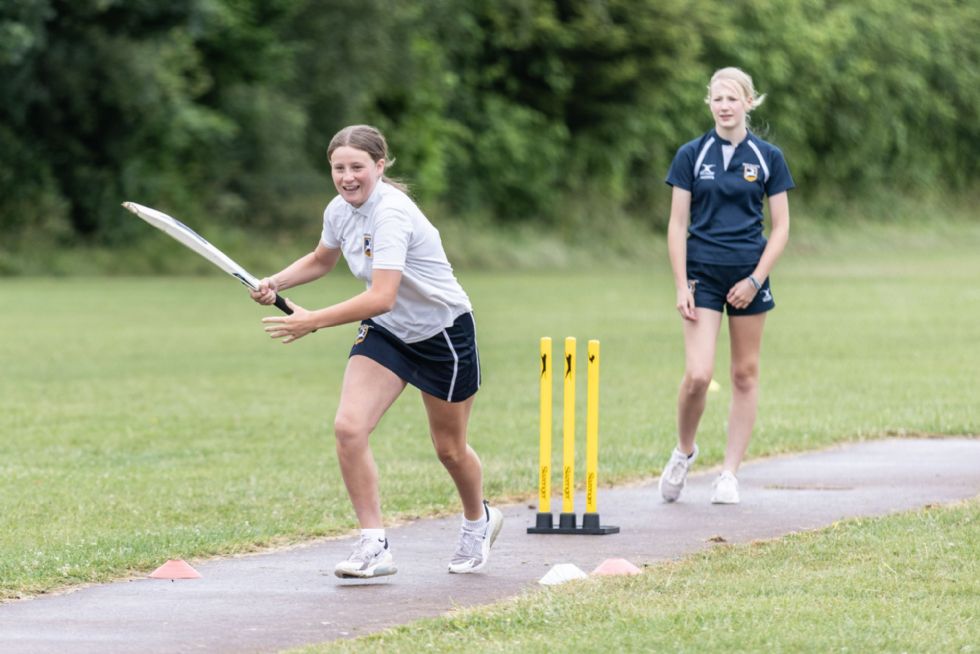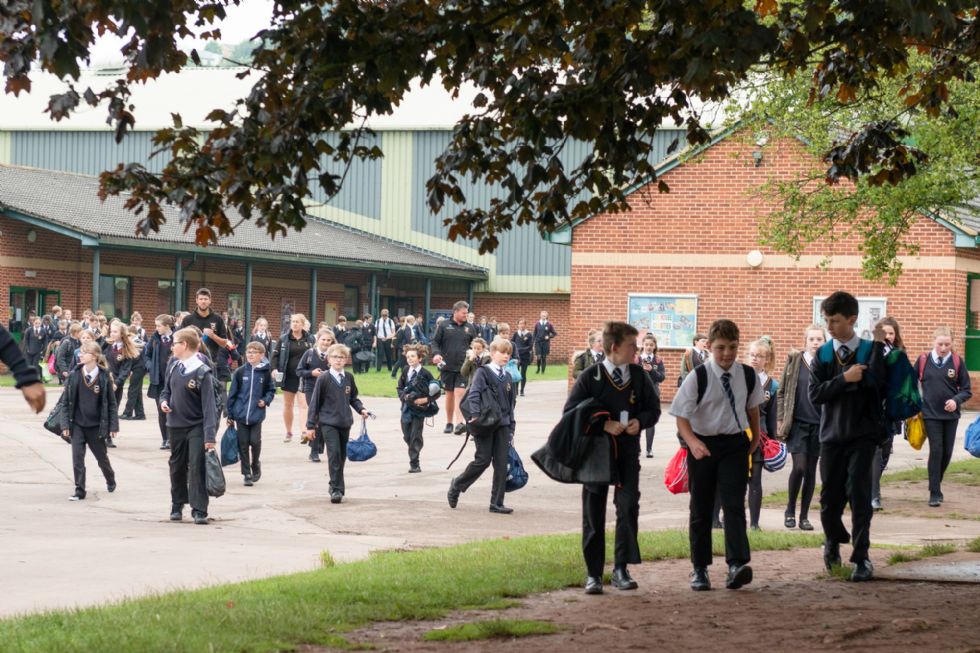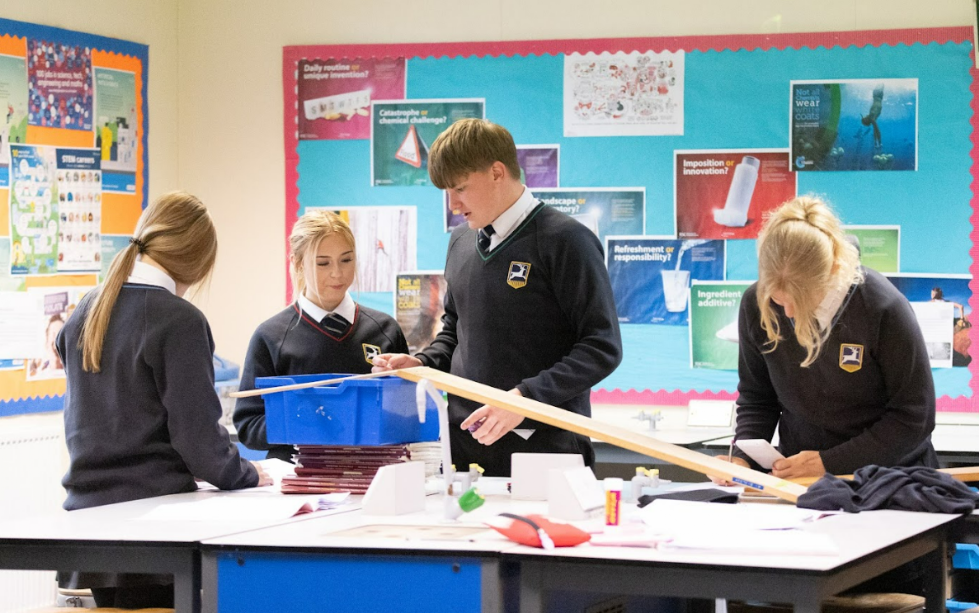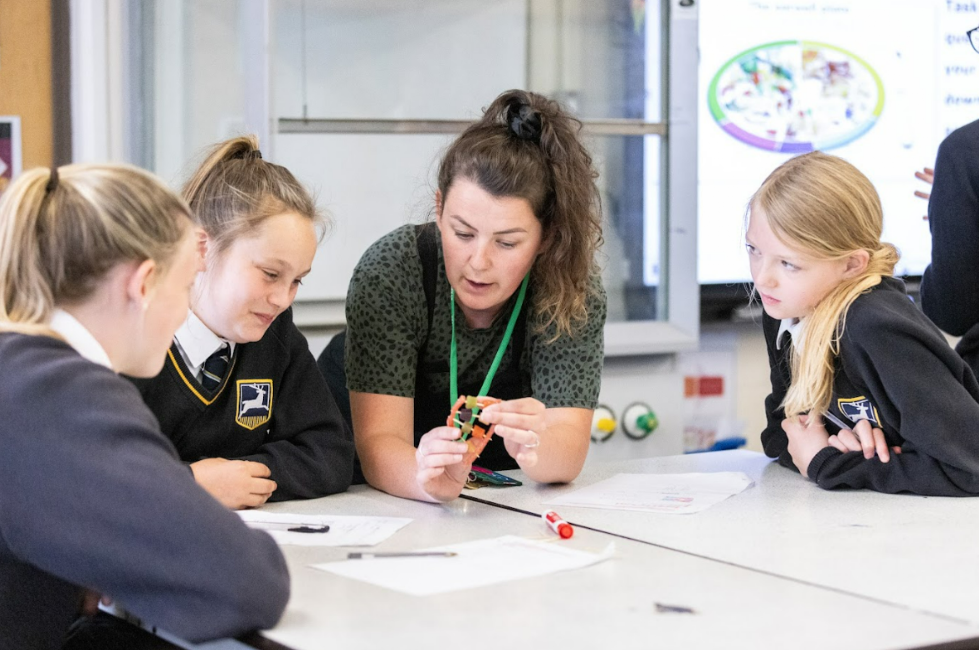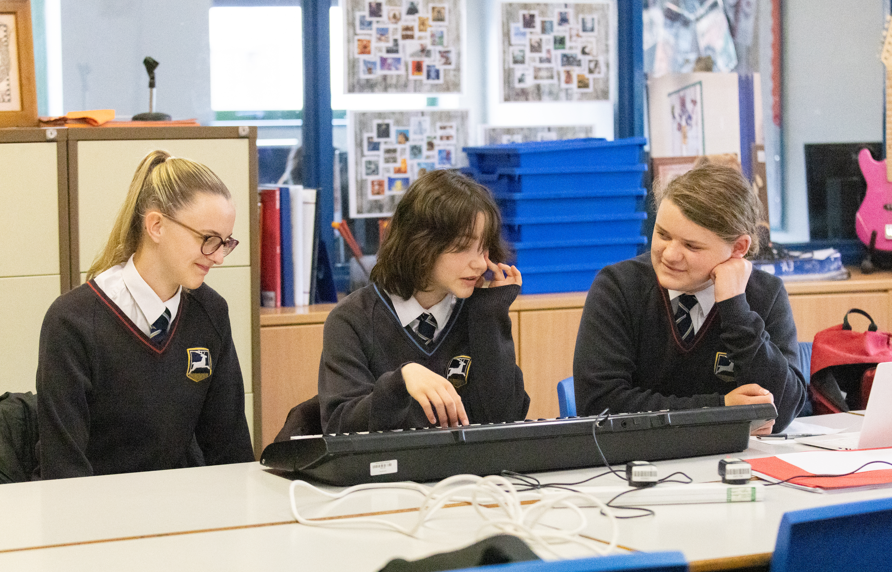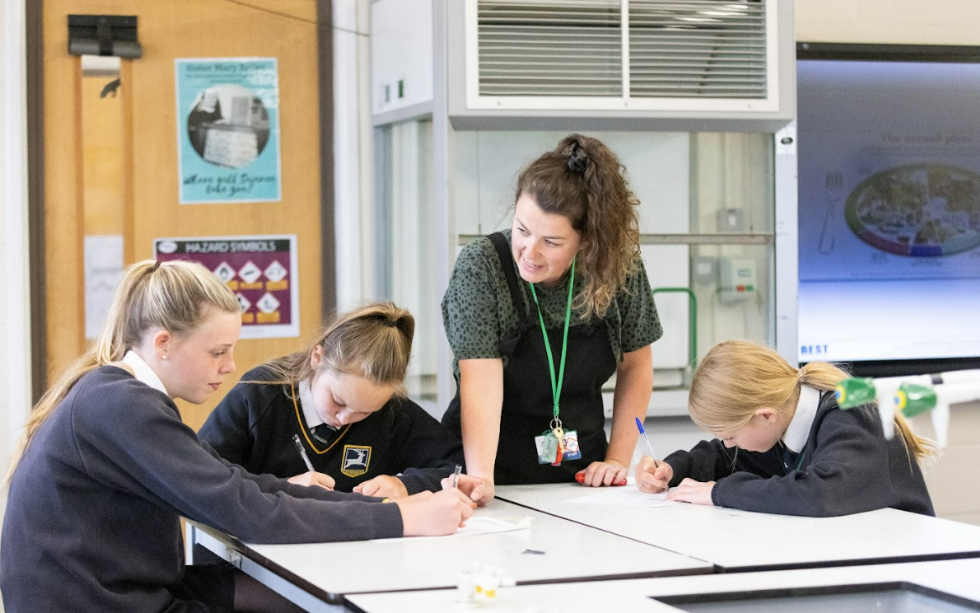Curriculum
How do we adapt the curriculum to meet special educational needs?
All our staff are trained to recognise individual needs and can adapt teaching and learning approaches so that every child is able to learn at their level. We place a lot of emphasis upon quality whole class teaching that is inclusive of all pupils. We differentiate work to match different children’s abilities. We use additional interventions so that we have something at the right level for pupils with special educational needs. These interventions can help pupils to develop key skills that will support their learning in the classroom.
Interventions:
• Nurture club – for social communication skills, cooperative play and the understanding of language.
• Boccia club –for developing speaking and listening skills, social communication and encouraging team work
• Small group booster sessions – such as literacy and Maths support, homework (ILT) support sessions, revision sessions.
• Pre-teaching – quick preview sessions before a unit of work starts to help pupils to be prepared for the learning.
• Quality First Teaching with classroom teacher scaffolding work in the lesson to make the curriculum accessible for all.
• Post-teaching – quick sessions revisiting and recapping learning to help pupils to keep their skills and knowledge.
• The support of Higher Level Teaching Assistants
• Access to fully trained school counsellor
• Well-being sessions with the school Mental Health and Wellbeing Practitioner
• Pastoral team support through Student Support Mentors
• The provisions highlighted in Education Health Care Plans
• Training sessions for all staff regarding effective strategies to make education inclusive.
What other activities are available for pupils with special educational needs?
We have a number of after school activities for all pupils including those with special educational needs. Pupils with special educational needs are always included in educational visits. We choose visits that are accessible for all and comprehensive risk assessments are undertaken for every trip.
How will teaching be adapted to meet the needs of my child?
All children receive class teacher input via good and outstanding classroom teaching:
• The teacher will have the highest possible expectations for your child and all pupils in their class.
• Putting in place different ways of teaching so that your child is fully involved in learning in class. This may involve things like using more practical learning or providing adapted resources for your child.
• Lessons are adapted/scaffolded to meet the needs of your child and the class.
• Grouping of ability, mixed and independent work is used to support all pupils. Putting in place specific strategies to enable your child to access the learning task
Dene Magna has a very proactive approach to adaptation, committed to a high level of training and support for teachers to enable them to deliver a broad and balanced curriculum, which allows all learners to progress and succeed.
How does Dene Magna assess for access arrangements?
Class teachers, in partnership with the SENCo, are responsible for ensuring that pupils are able to access assessments carried out within their class. If a pupil’s needs mean that they are unable to access standardised tests, then the SENCo will liaise with the class teachers to assess pupils eligibility for access arrangements.
A referral will be made to the Access Arrangements assessor, Ms M Broadfield for further assessments to take place.
Additional support for external exam access arrangements may include:
-
25% additional time allowance.
-
the support of a reader
-
the support of a scribe
-
the support of a prompter
-
rest breaks
-
the use of a word processor
Identified children are tested at the beginning of KS4 in line with JCQ exam regulations to determine what, if any, additional support a child is entitled to.
How does Dene Magna judge whether the support has made an impact?
• Regular termly reviews of the student’s support plan to ensure the strategies are still effective and that targets are being met. Contact will be made with home to review plans and set new targets if required.
• Termly review of data through the tracking of students with additional needs.
• The student is making progress academically against national / age expected levels
• Verbal or written feedback from the teachers
• The SENCO will analyse all data/information where intervention has taken place both
• Students may be taken off the Special Educational Needs register when they have made sufficient progress, this is completed in consultation with home.


